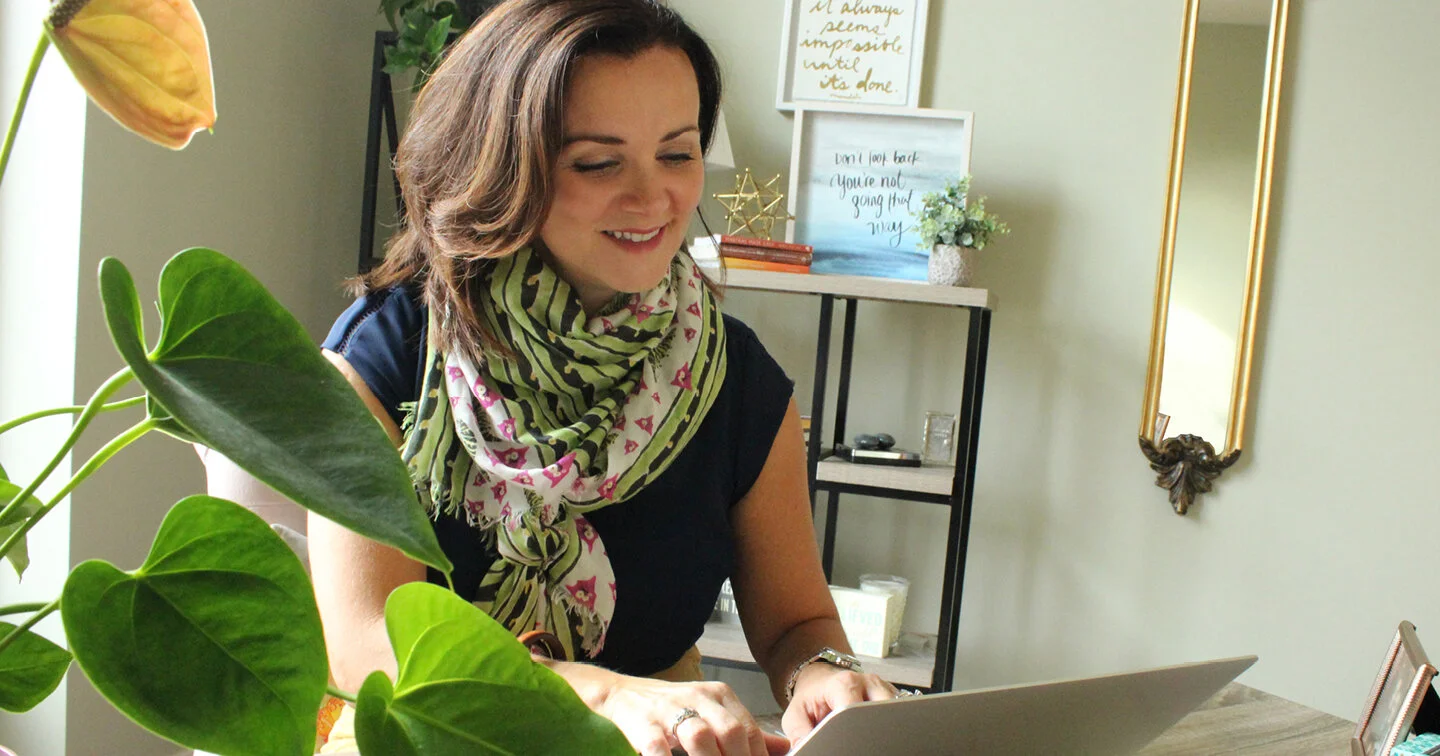Yes, and ...
/Yes, and …
We don’t need to be, or do, only one thing. We can build a whole life doing all/many of the things that are interesting to us.
I’ve noticed that many of us think that life decisions need to be binary. We have placed handcuffs on ourselves and then agonize trying to make the “right” decision. Yet, you have full permission to try something new. You may either love it or decide that it’s not for you. Either result is a win.
The area where this is prevalent is around our careers. In our minds, we have to either stay in our current roles or quit and do something different. Or, we have to work for someone else or start our own business. Or, we stay here, and we can go there on some imaginary future date. So, who made up these rules?
I love to remind my coaching clients that we don’t need to be, or do, only one thing. We can build a whole life doing all/many exciting things. The first step is to follow the energy and passion.
If there’s an idea that you’ve been thinking about, take the first step and explore that option. Then, do the research, and then take action.
If you want to teach a course while you’re still working full time, contact a local university.
If you’d like to work at Starbucks because you love coffee and miss talking to people, fill out an application.
If you want to open an Etsy shop and sell things you create, do that.
If you love to cook and may be interested in exploring it as a career later in life, sign up for a cooking class.
If you want to sign-up for yoga teacher training while working full-time at a bank, do that.
That last example was me. I signed up for yoga teacher training two years before leaving my job and starting my own business. Why? I wasn’t sure at the time. All I knew was that I wanted to follow my desire to learn more. I had a hunch that the dots would connect in the future somehow. And, they have.
Here are a few other reminders:
You have permission to try new things.
There is no perfect time to try something new.
Trying something and deciding you don’t like it isn’t a failure; it’s information.
We all have 24 hours in the day, and if it’s essential, you’ll make time for it.
We don’t have to have it all figured out to take action. Just start.
What’s the worst that can happen?
You may meet some cool new people you wouldn’t ordinarily meet.
You may find a newfound zest for life.
You may increase your skills.
You may find a passion that you want to explore further.
You may find yourself proud that you took a chance on something new.
Remember, tomorrow is not promised, but we do have today.




